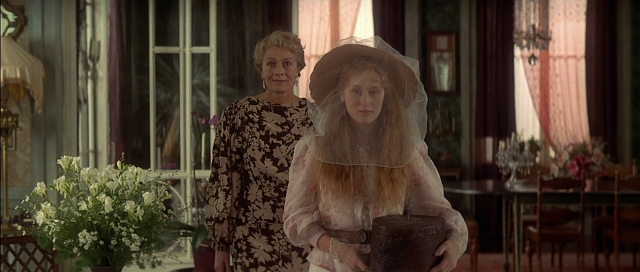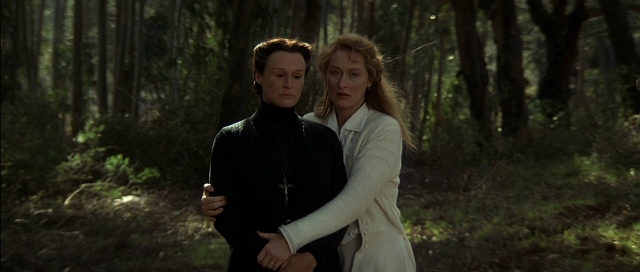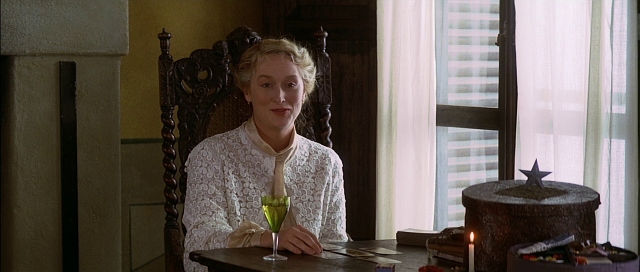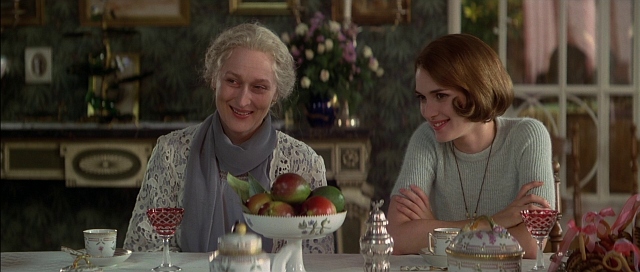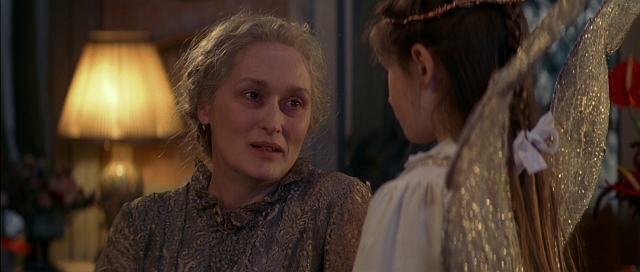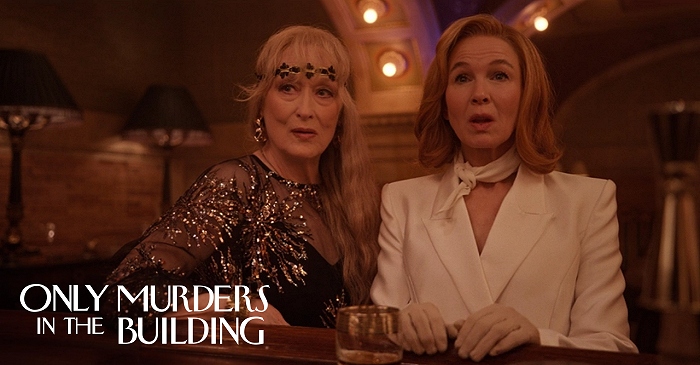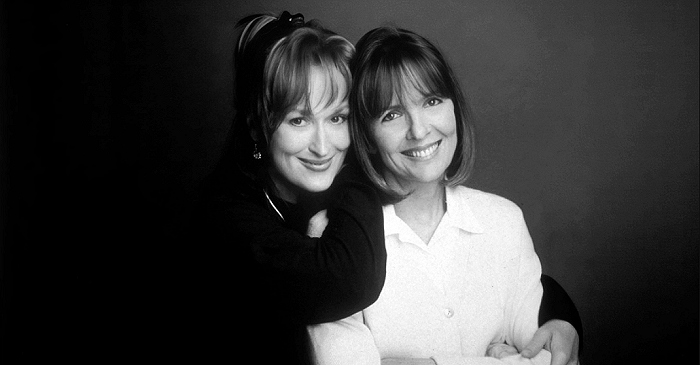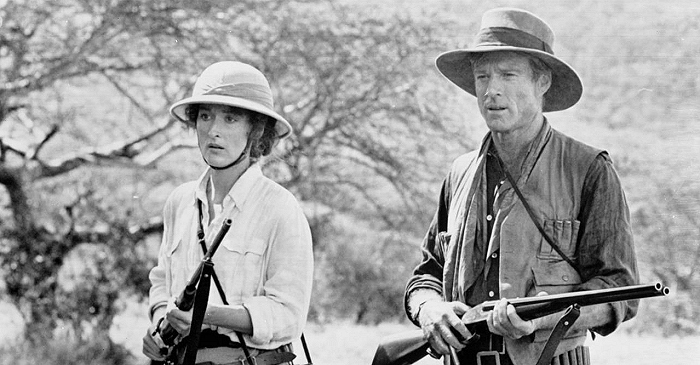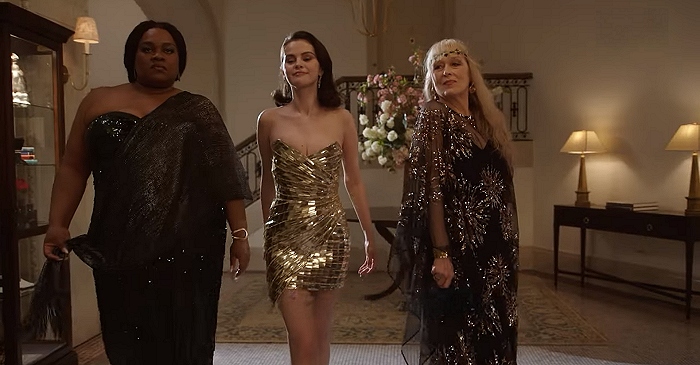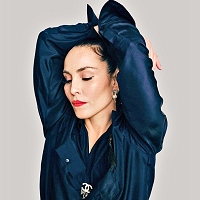|
Simply Streep is your premiere online resource on Meryl Streep's work on film, television and in the theatre - a career that has won her acclaim to be one of the world's greatest living actresses. Created in 1999, Simply Streep has built an extensive collection over the past 25 years to discover Miss Streep's body of work through thousands of photographs, articles and video clips. Enjoy your stay and check back soon.
|
The House of the Spirits
October 21, 1993 (Germany)
· Neue Constantin Film
· 141 minutes
|


Based on Isabel Allende’s bestselling book “La casa de los espíritus”, the story details the life of the Trueba family, spanning four generations, and tracing the post-colonial social and political upheavals of the Latin American country they live in. The story is told mainly from the perspective of two protagonists (Esteban and Alba – who’s Blanca’s daughter and plays only a minor role in the film) and incorporates elements of magic realism. The book was first conceived by Isabel Allende when she received news that her one hundred year-old grandfather was dying, and she began to write him a letter that ultimately became the starting manuscript of “The House of the Spirits”. The rights were bought by German producer Bernd Eichinger who helmed the international production of the movie adaptation with the German Neue Constantin Film, under the direction of Danish Bille August. Jeremy Irons was the first actor on board, and with his help Meryl Streep and Glenn Close, two of his former co-stars, joined the family saga.
I worked with Meryl Streep on “The House of the Spirits”. I always thought actors had to be really depressed or moody or anguished to be great, but she was completely fine and had her family and came to work and did an amazing job and she wasn’t that way. I remember that being a really big deal to me. And I was like, ‘Wow, I can actually be happy and be good at the same time!’ (Winona Ryder, Elle Magazine, June 2009)
While the film won some minor awards, mostly in Germany (Bavarian Film Awards, German Film Awards, Golden Screen), it was viewed as a critical failure (two oft-cited reasons were its diffusely episodic structure and a cast of mostly Anglo American actors in Latin American roles) and a box office bomb (it made back only $6.2 million of its $40 million budget).


